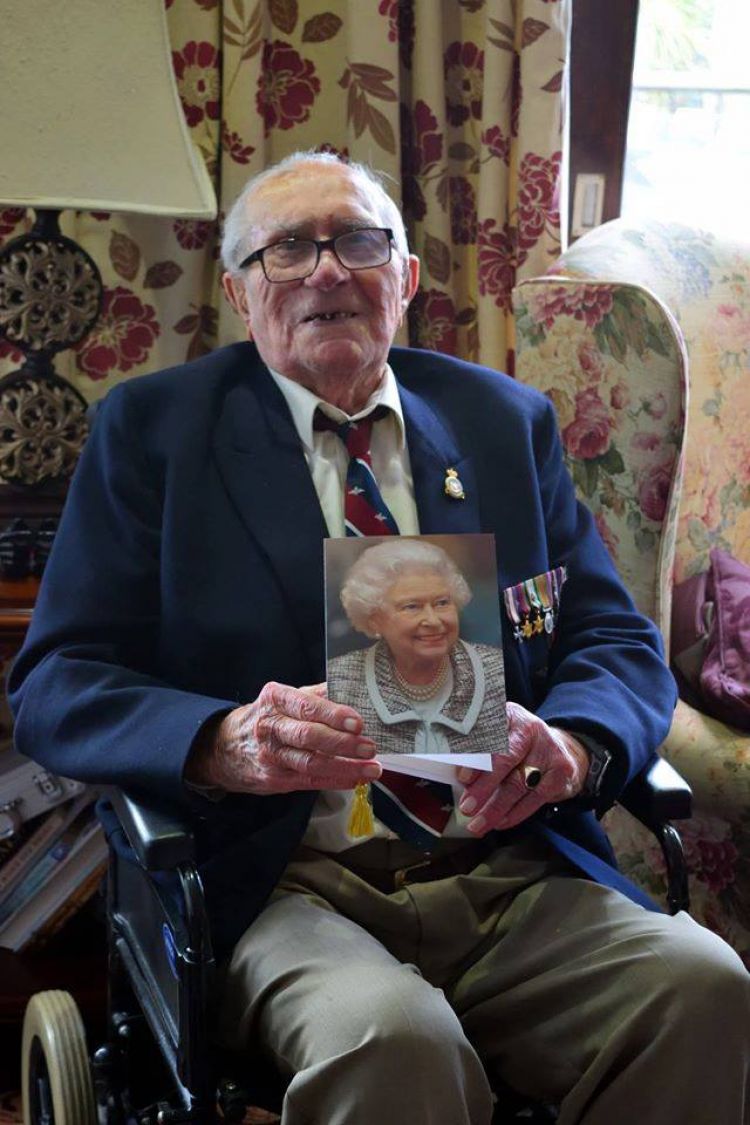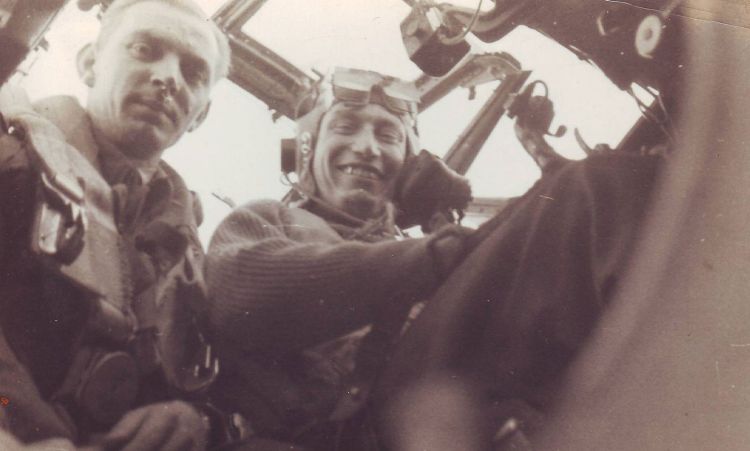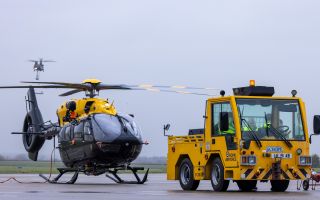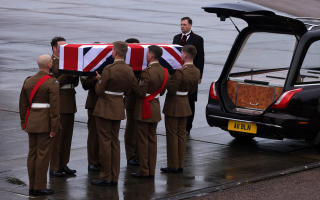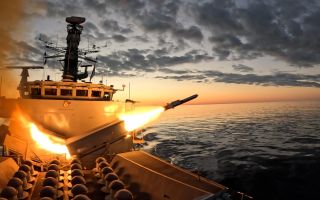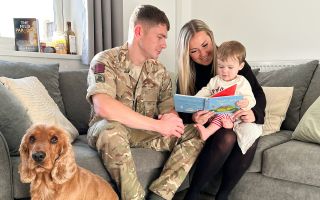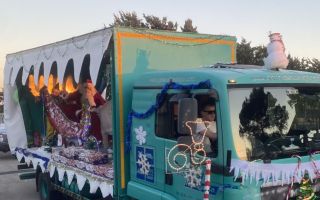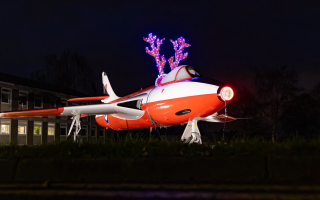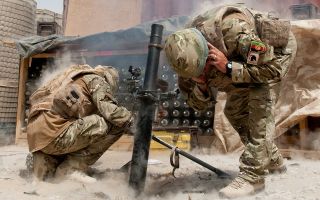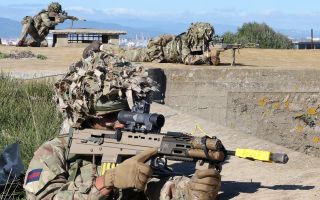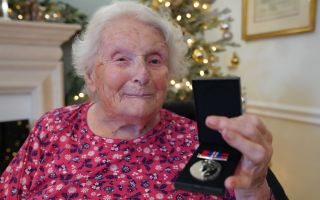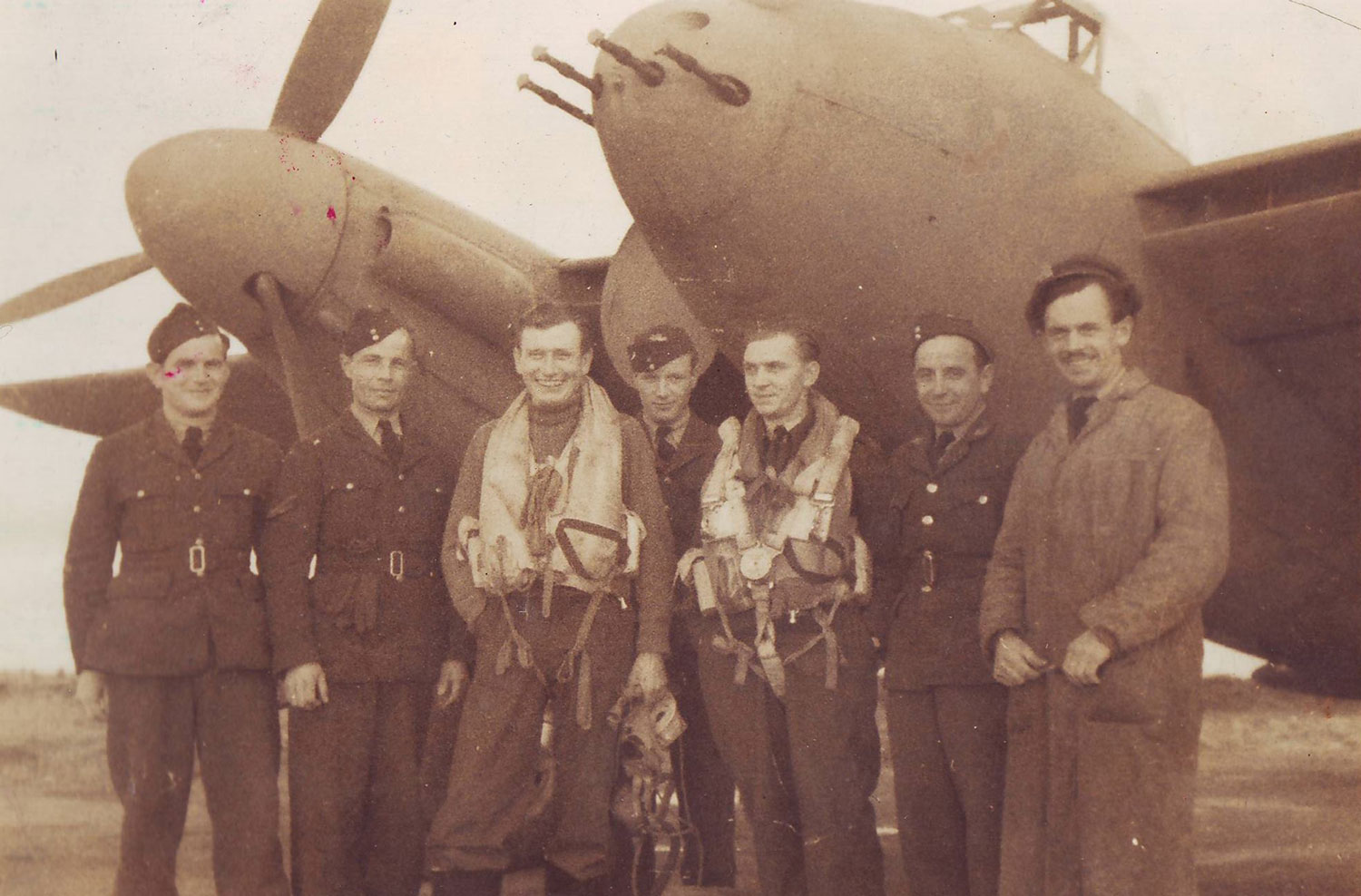
RAF
307 Squadron: The Polish Aircrews Who Saved Britain's Cities

The bravery and skill of Polish airmen during the Second World War, especially that of 303 Squadron, is well known. However, the history has been widely overlooked in respect of 307 Squadron.
Formed during the summer of 1940, in a desperate need for a new night-fighter squadron to counter the increasing enemy bombing of British cities, 307 Squadron was the only Polish night-fighter squadron. Given the code letters 'EW' the new squadron was predominantly Polish, but also included British and other nationalities.
Pilots were disappointed when they discovered that they would be flying Bolton Paul Defiants. Polish pilots were used to being in control of their aircraft, shooting at the enemy as well as flying. However, onboard a Defiant the pilot was only flying the plane, the shooting being carried out by gunners who were usually former navigators. This culminated in the refusal of many fighter pilots to fly Defiants as 'bus drivers', and many were assigned to other squadrons.
Among those loyal to the squadron was Stanisław 'Rocky' Rockminster (formerly Stanisław Rochmiński), who flew on 55 missions escorting Allied bombers and later served as a Royal Air Force instructor. Captured by the Russians at the start of the war he survived two years in Siberian labour camps before making it to the UK in 1942 and joining the RAF. Aged 100 he died recently at his care home near Swansea.
Initially based at RAF Jurby on the Isle of Man, in 1941 the squadron were moved to RAF Squires Gate, near Blackpool, to defend Liverpool and Manchester from enemy bombers. Two months later the squadron moved to RAF Colerne, near Bristol as the majority of bombings were centred on Southern England. In March they had their first success against the enemy when the crew of Jankowiak and Lipinski shot down a Heinkel.
In April 1941 the squadron were moved to Exeter (RAF Clyst Honiton) where they would stay for two years defending South West England and South Wales. Nicknamed the 'Lwów Eagle Owls' (Lwówskich Puchaczy) after the city of Lwów in Eastern Poland (now Lviv in Ukraine), the squadron were one of the first to have radar fitted in their newly acquired Beaufighter aircraft. The Beaufighter was more popular than the Defiant, although if one of the two Merlin XX 1200hp engines failed during flight then it became extremely dangerous and resulted in a number of accidents and fatalities.
After a number of successes, they had their most eventful encounter with the enemy on the night of 3rd/4th May 1942 when four Beaufighters of 307 Squadron attempted to stop forty Junkers 88 bombers from destroying the city of Exeter. Over the course of 75 minutes parts of the city were destroyed, however the four Polish planes managed to destroy four of the enemy bombers preventing four further plane loads of bombs from dropping on the city, and almost certainly saving the city from total destruction in the process.
The squadron moved from the Beaufighter to the Mosquito, this was very popular with the airmen, the 'wooden wonder' was fitted with four 20 mm cannon and four .303 machine-guns, a range of 1,500 miles, a maximum altitude of 35,000 feet, and a speed of 400 mph.
With the number of enemy bombing raids on Britain reducing the squadron became offensive rather than defensive. For the remainder of the war 307 carried out missions over mainland Europe, the Bay of Biscay and parts of the Atlantic from bases at Fairwood Common near Swansea, Predannack in Cornwall, Drem in East Lothian, Church Fenton in Yorkshire, and Castle Camp near Cambridge.
By the end of the war the squadron had destroyed thirty-one enemy aircraft, seven probably destroyed, and seventeen damaged. Fifty four members were killed.
More than seventy years later a registered charity, 307 Squadron Project promotes the role of the squadron and carries out further research including interviewing veterans. The British-Polish organisation have carried out a number of exhibitions in the UK and are currently holding an exhibition at the Polish Aviation Museum in Kraków, Poland from 4 August 2016 to 4 October 2016.
For more information visit www.307squadron.org and www.facebook.com/307SquadronProject
